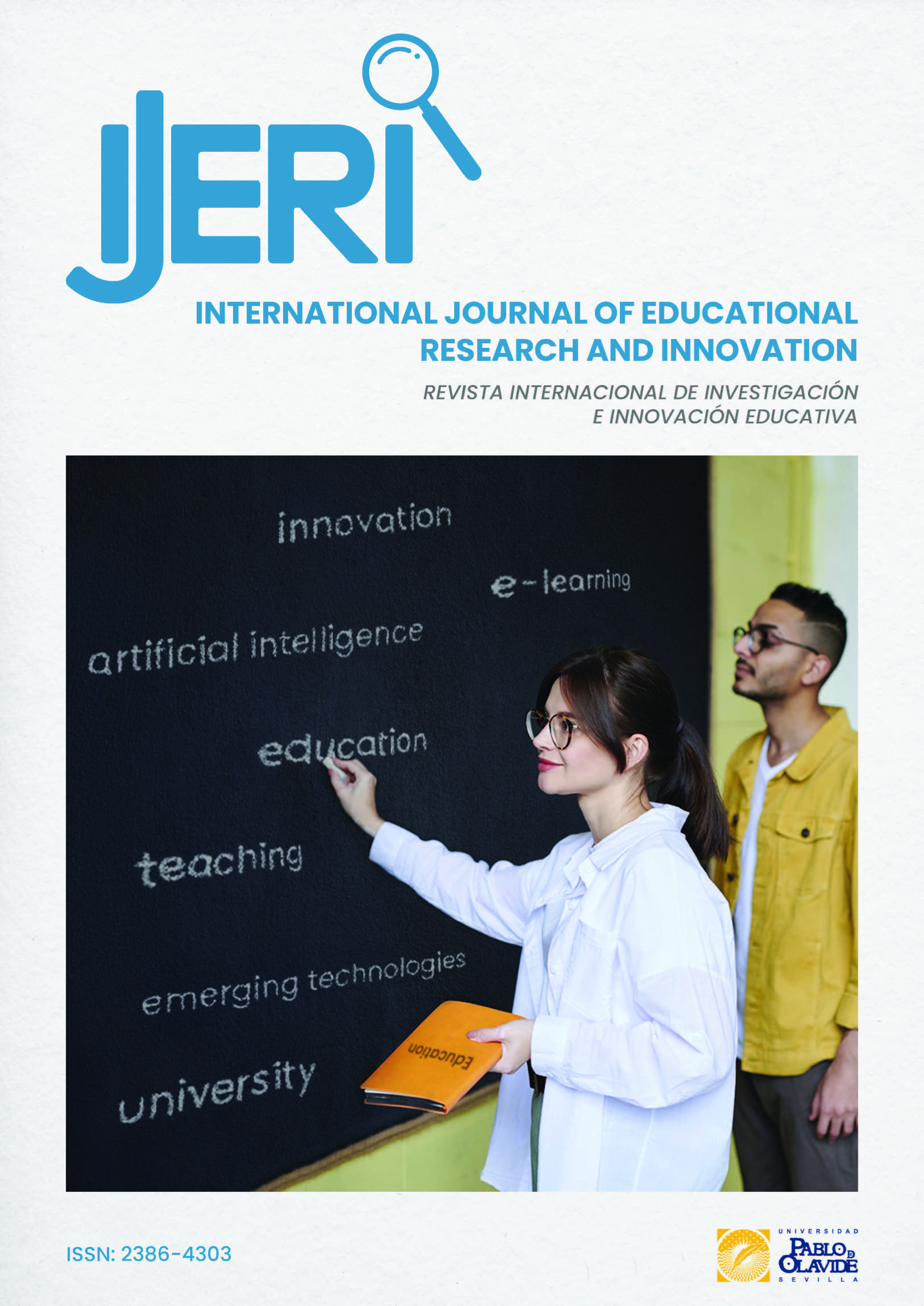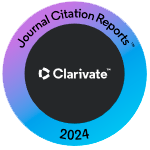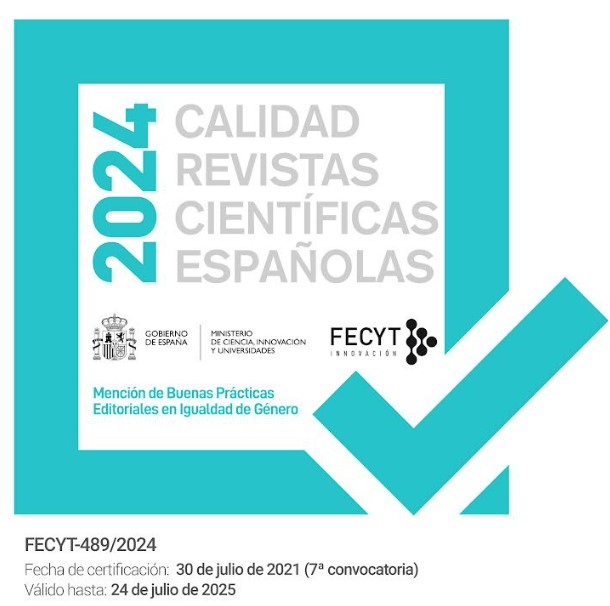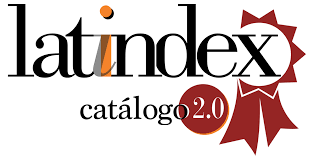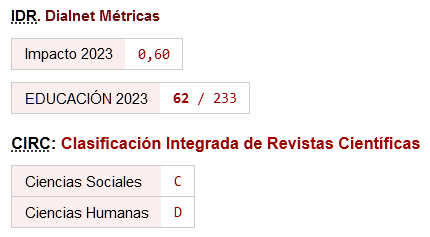Degree of employment artificial intelligence technologies in the educational process from the point of view of university students
DOI:
https://doi.org/10.46661/ijeri.8306Keywords:
Artificial intelligence techniques, the educational process, universities, Higher Education, university studentsAbstract
The study aimed to identify the degree of employment of artificial intelligence techniques in the educational process from the point of view of Jordanian university students and its relationship to the variables of gender and academic degree. The descriptive analytical approach was used, and the study sample consisted of (10,000) male and female students from various Jordanian universities. The study results concluded that the use of artificial intelligence techniques in universities was moderate, and the results indicated no statistically significant differences at the significance level (α<0.05) in the degree of use of artificial intelligence techniques due to the gender variable. The study found statistically significant differences due to the academic degree variable favoring undergraduate and postgraduate students.
Downloads
References
Akl, A. (2008). Develop standards of excellence in higher university education. Jordan, Amman: Gulf House.
Al-Astal, M., Akl, M., Al-Agha, I. (2021). Developing A Model Based on Artificial Intelligence (AI) to Check its Effectiveness on Improving Programming Skills for the University College for Science and Technology (UCST) in Khanyounis. IUG Journal of Educational and Psychological Sciences,29(2), 743 - 772. https://doi.org/10.33976/IUGJEPS.29.2/2021/32
Al-Atl, M., Al-Anzi, I., Al-Ajami, A. (2021). The role of artificial intelligence in education from the point of view of students of the College of Basic Education in the State of Kuwait. Journal of Educational Studies and Research, 1 (1), 30-64.
Al-Lawzi, M. (2012). Artificial Intelligence in Business, the eleventh annual scientific conference on business intelligence and the knowledge economy. Al-Zaytoonah University of Jordan, Amman, Jordan.
Al-Masry, N. (2022). The role of artificial intelligence techniques in improving the quality of services provided to students of the University of Jordan from their point of view. Journal of the Faculty of Education, Assiut University, 38 (9.2), 265-290.https://dx.doi.org/10.21608/mfes.2022.271572
Al-Muqiti S. (2021). The reality of employing artificial intelligence and what it has to do with the performance of quality Jordanian universities from college perspectives. Unpublished master's thesis, College of Graduate Studies, Middle East University, Jordan.
Al-Mutairi A. (2022). The impact of an e-learning environment based on artificial intelligence on developing e-learning skills among female students of the College of Education at Umm Al-Qura University. Journal of Curriculum and Instruction, 1 (7), 145–176.https://doi.org/10.26389/AJSRP.Z140222
Al-Mutairi, A. (2019). Artificial intelligence is an introduction to the development of educational decision-making in the Ministry of Education in the State of Kuwait. Journal of Scientific Research in Education. Ain-Shams University, 11 (10), 573-588.
Al-Rubaie, M. (2011). The level of service quality in Yemeni non-governmental organizations working with young people in Sana'a. Unpublished master's thesis, University of Science and Technology, Yemen.
Al-Sharqawi, M. (2011). Artificial Intelligence and Neural Networks, Baghdad, Publications of Imam Jaafar Al-Sadiq University.
Caspari-Sadeghi, S. (2023). Artificial Intelligence in Technology-Enhanced Assessment: A Survey of Machine Learning. Journal of Educational Technology Systems, 51(3), 372–386.https://doi.org/10.1177/00472395221138791
Davies, HC, Eynon, R., & Salveson, C. (2021). The Mobilisation of AI in Education: A Bourdieusean Field Analysis. Sociology, 55(3), 539–560.https://doi.org/10.1177/0038038520967888
Filgueiras, F. (2023). Artificial intelligence and education governance. Education, Citizenship and Social Justice, 0(0).https://doi.org/10.1177/17461979231160674
Gellai, DB (2022). Enterprising Academics: Heterarchical Policy Networks for Artificial Intelligence in British Higher Education. ECNU Review of Education, 0(0).https://doi.org/10.1177/20965311221143798
Mejia, M., & Sargent, JM (2023). Leveraging Technology to Develop Students' Critical Thinking Skills. Journal of Educational Technology Systems, 51(4), 393–418.https://doi.org/10.1177/00472395231166613
Mirah, A., Katea, T. (2019). Applications of artificial intelligence in education from the point of view of university teachers. Proceedings of the First International Scientific Conference for Human Studies (Intelligences and Abilities). Journal of Psychological Sciences, University of Baghdad. Special Issue, 293-316.
Saif, N., Al-Sartawi, K., Al-Aqraa, S. (2014). The level of quality of student services and student satisfaction in Jordanian public universities. Arab Journal of Quality Assurance in University Education, 7(15), 161-186.
Tarah, M. (2023). Applications of artificial intelligence and acceleration in the process of digitizing education. Proceedings of the first international conference - Digital Education in Light of the Corona Pandemic, Supplement to the Iraqi University Journal, 15 (2), 14-22.
Yunus, A. (2023). Artificial intelligence and its role in improving the quality of higher education after the Corona pandemic. Proceedings of the Second International Conference - Education after the Corona pandemic, challenges and treatments, Iraqi University Journal Supplement, 16 (1), 295-303.
Published
How to Cite
Issue
Section
License
Copyright (c) 2025 Mohammad Omar AL-Momani, Elham Mahmoud Rababa

This work is licensed under a Creative Commons Attribution-NonCommercial-NoDerivatives 4.0 International License.

